Has it ever crossed your mind that you are basing your identity on the premises of how you feel? Meaning your emotions define who you are. When you take a closer look at it, what defines you is how you feel in relation to others or how others make you feel about your actions. So isn’t it true that what you feel is a reflection of how others perceive you? And isn’t this the moment when you reflect on yourself and who you are?
Who am I?
This question accompanies us as humans from the moment we gain consciousness. At its core, it seems straightforward. Who am I? A sister, a daughter, a wife, a teacher, a friend. These are different kinds of roles that we step into daily. The different faces that we put on to fit these roles. Roles have been modulated by the society around us and shaped by the culture that we live in. Erving Gofman illustrated in-depth how we play theater daily in his book “The Presentation of Self in Everyday life.” Gofman shows in his work how people move between different roles and expectations, putting on another face each time they step in front of the “curtain.” As a result, they align themselves with the norms and values forming these roles.
So, ‘who am I?’ is a question we need to ask ourselves when we are behind the curtain. Who are you when you strip away the expectations towards you as a mother, son, wife, brother, teacher, company director, neighbor, and so on?
Defining who you are based on how you feel about yourself?
What comes to mind when you think of emotions? How are you feeling right now? How did you feel yesterday? Maybe how your children or partner makes you feel? Although seldom do we think about how a role makes us feel and reflect on how we play our part. We take on something without necessarily reflecting on it until we realize that something isn’t right. Or instead, that something doesn’t feel right.
As humans, we interact with one another through words, body language, and emotional energy. While the first two are recognizable, the last one isn’t. Therefore, this is one of the reasons why emotions for the longest time have been culturally degraded. Throughout history, ratio and logic have been celebrated and portrayed as strong qualities, especially in men. Reason is understood as the capacity of applying logic to understand the truth. Emotions have been seen as a distraction from the truth. Therefore emotions have been pushed aside and labeled as soft skills.
The irony is that in the search for truth, the blindness to the inability to detach yourself from emotions irrevocably tainted the slightest chance to develop anything close to an objective opinion.
Because there is no such thing as objectivisms, as much as it is not possible to be unemotional, emotions are part of your human experience. But you are not your emotion.
You are not your emotions!
Like most of us, you have -most likely- learned that allowing yourself to be guided by your emotions is weak and logical thinking is what should guide you and your behavior. But, perhaps, in reality, that’s not true, isn’t it? Because we feel everything around us and we are not allowed to express it fully, we don’t necessarily understand what emotions are. Instead, we believe that they are part of who we are.
Contrary to how society often portrays emotions and encourages you not to rely on your feelings, it uses emotional manipulation to structure itself. Shame, fear, anger, and encouraging uplifting emotions to celebrate actions that society accepts. And, of course, to function as a society, we need to have norms and values that help us build a community.
When is society overstepping?
The big question that opens itself up is how can we help individuals develop their emotional understanding to thrive in life by choosing how they align to the culture around them while being who they indeed are. Emotional alignment or what I call ‘emotional frequency’ needs to take place. This means learning to understand that emotions are guidelines for interacting with others and how we want others to interact with us. It is an internal compass of who we want to be, how we want to be understood, and how we impact the world. It is not a determination of how good of a person you are and how well you play your role. It is a guideline of how we shall interact with one another.
Because when we deal with humans, we are dealing with emotional beings, not rational ones. Our actions are based on how we are being perceived and the reaction that we see.
Based on the experience within interactions, we change our behavior and, consequently, over time, who we are. The people we surround ourselves with impact who we are not just because we want to belong to a community but also because emotions continually impact our actions.
The most challenging aspect of emotions is understanding that not everything you are feeling is yours to feel. Remember, every emotion requires an outside trigger or stimuli. So while your thoughts can be considered as triggers, most of your emotional experience is being created through the outside world – in correlation to others.
Creating emotional freedom and a growth mindset
When you learn the difference between personal and communal emotions, you learn to see emotions as part of an internal compass instead of your own identity. This allows you to start detaching yourself from the power of emotions and instead turn them into your strength. At this point, you might be asking yourself how you can separate yourself but still allow yourself to experience your emotions. Because detaching doesn’t mean to “not feel.” It means to not “identify as.” It means to allow yourself to shift from being your emotion to acknowledging what you are experiencing. That means stop using “I am” before mentioning the emotions that you are feeling.
For Example:
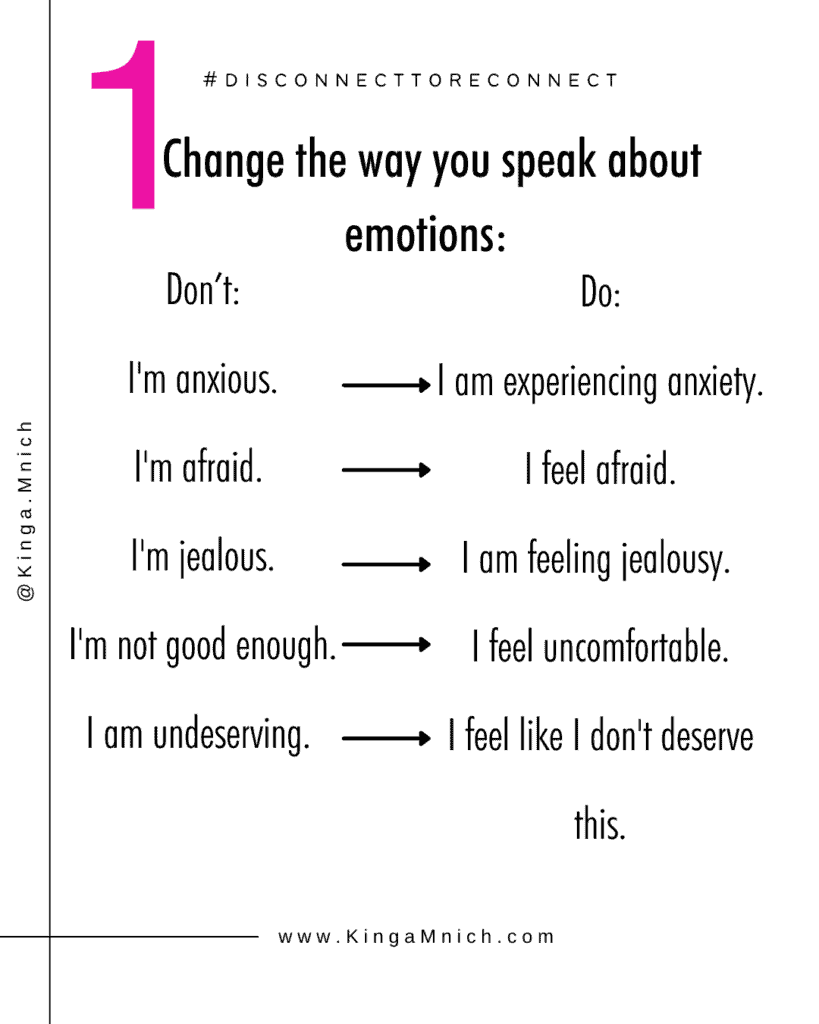
Once you start detaching yourself from identifying through your emotions. Start understanding your emotions by asking the following questions:
- Why am I feeling this?
- How is this impacting me?
- Do I want to change how I feel?
- Why do I want to change how I feel?
Once you create the internal motivation to change how your feelings and how they impact it is vital to establish a strategy for how you want to feel by answering the following questions:
- How do I want to feel?
- What do I need to do to feel like that?
- What do I need to change?
- How are my surroundings affecting how I feel?
- Do I need to create distance between specific people and me?
Change the environment when you want to change yourself?
That last question is the most important and difficult one because it stands in relation to the people around you and most often affects the people close to you. As shown above, the environment, which means the people around us, impacts who we are and how we act. Therefore, when you want to change and become a different person, it is essential to take a step back. At times, it is even necessary to create some distance between you and the people who influence you the most in the areas you want to change.
The reason for that is that to create change. The easiest way is to create a blank page in which you can write a new story. Then, once you build enough confidence and strength, you can strengthen the relationship again while creating boundaries and protecting yourself.
Read more:

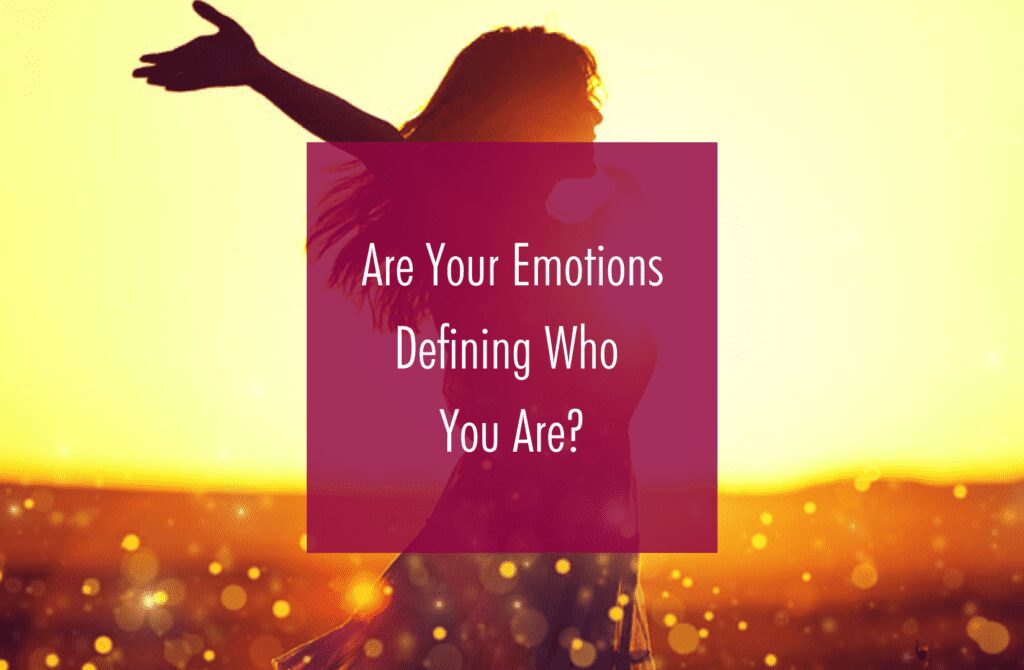
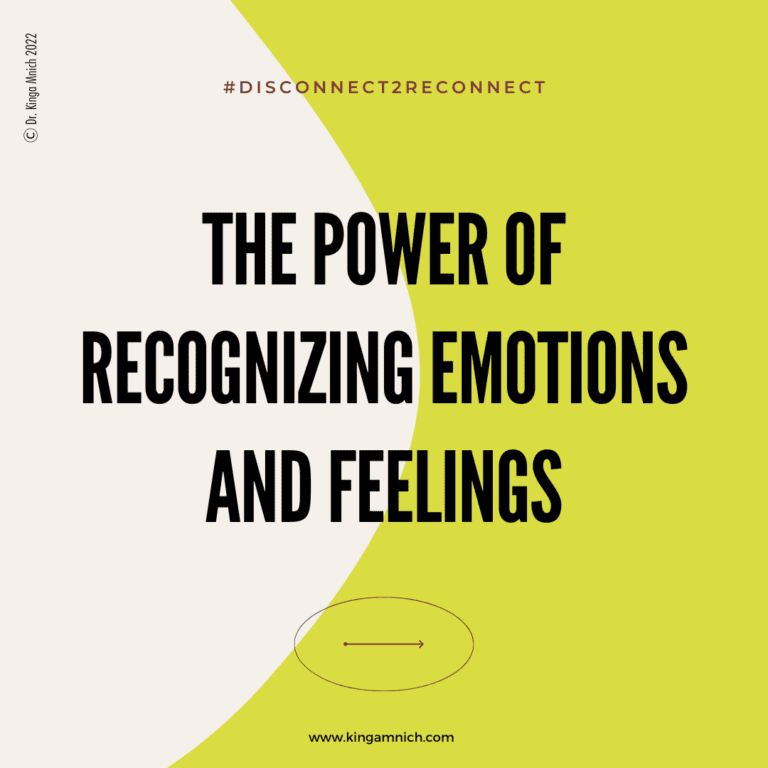
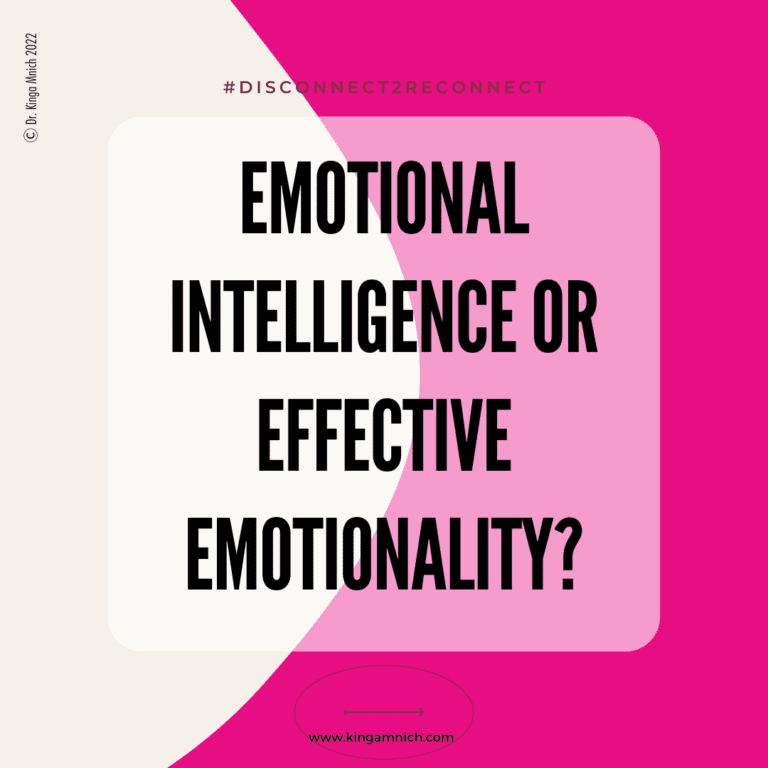

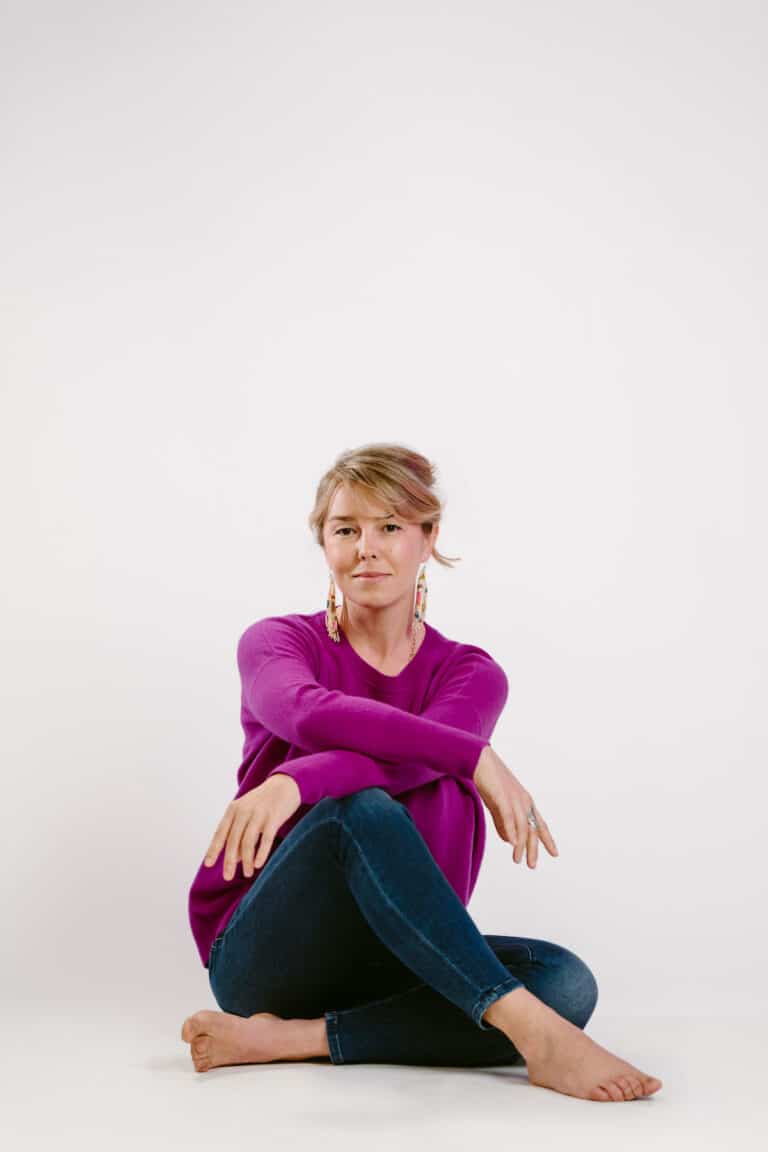
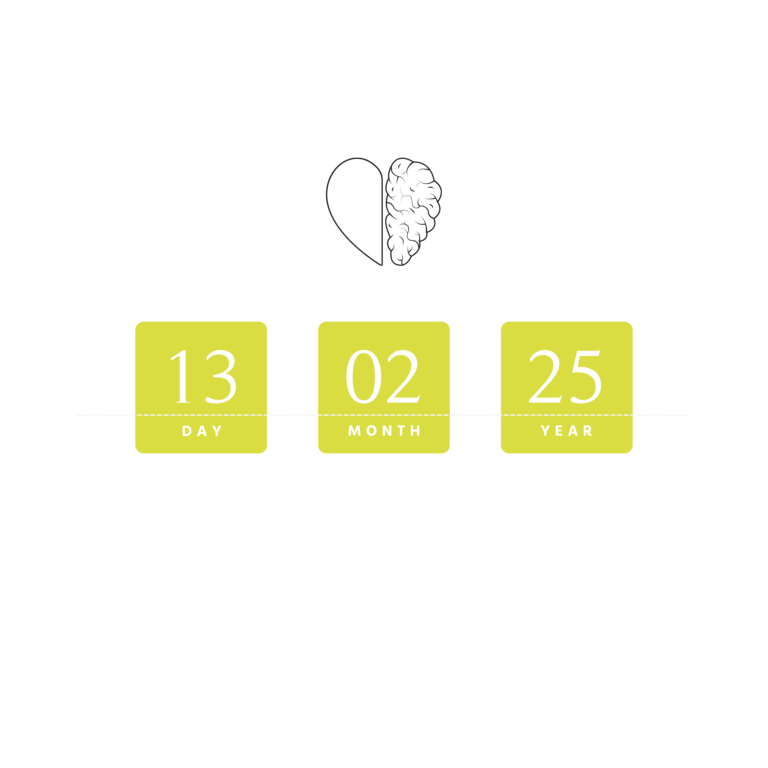

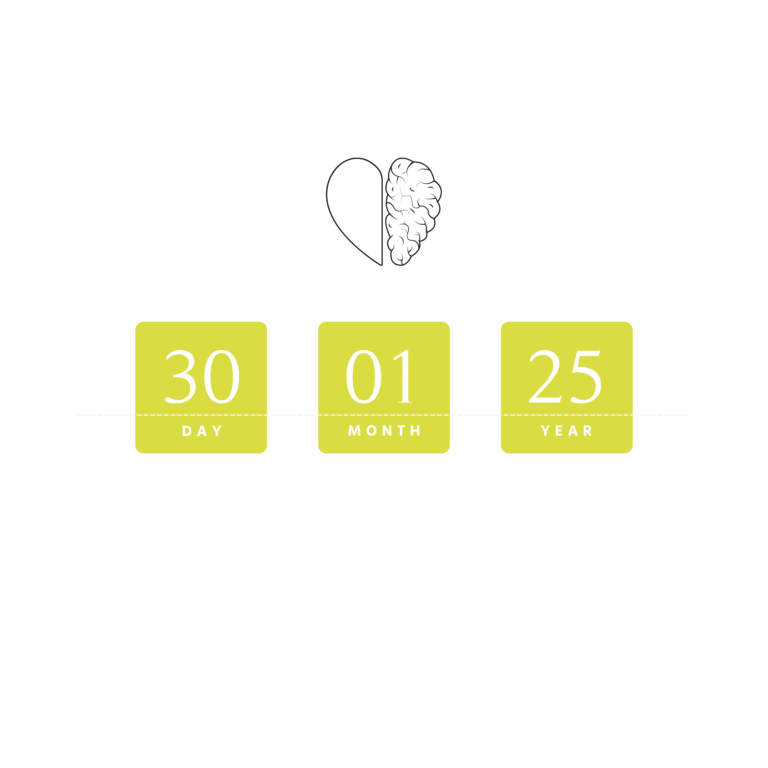




2 Comments
I find this article right in the moment when I’m confusing whether my being emotion is me or just temporary feeling. This is really very useful to me at this time and I believe that this would become a guidline for my reactions and behavior. I now can release a deep breath to freely allow me to experience my emotions without trying to hide it or put it aside.
Thank you 🙂
I am glad that it help. I am working right now on a follow-up article. It should be out next Monday. So look out for it.